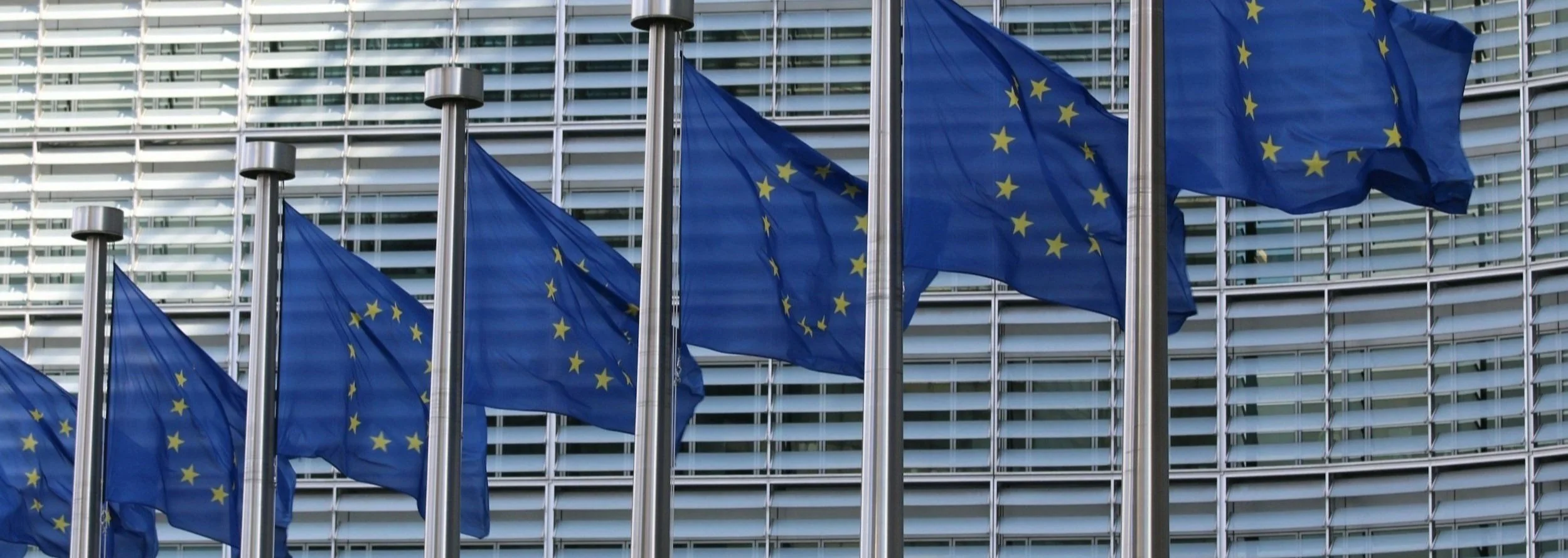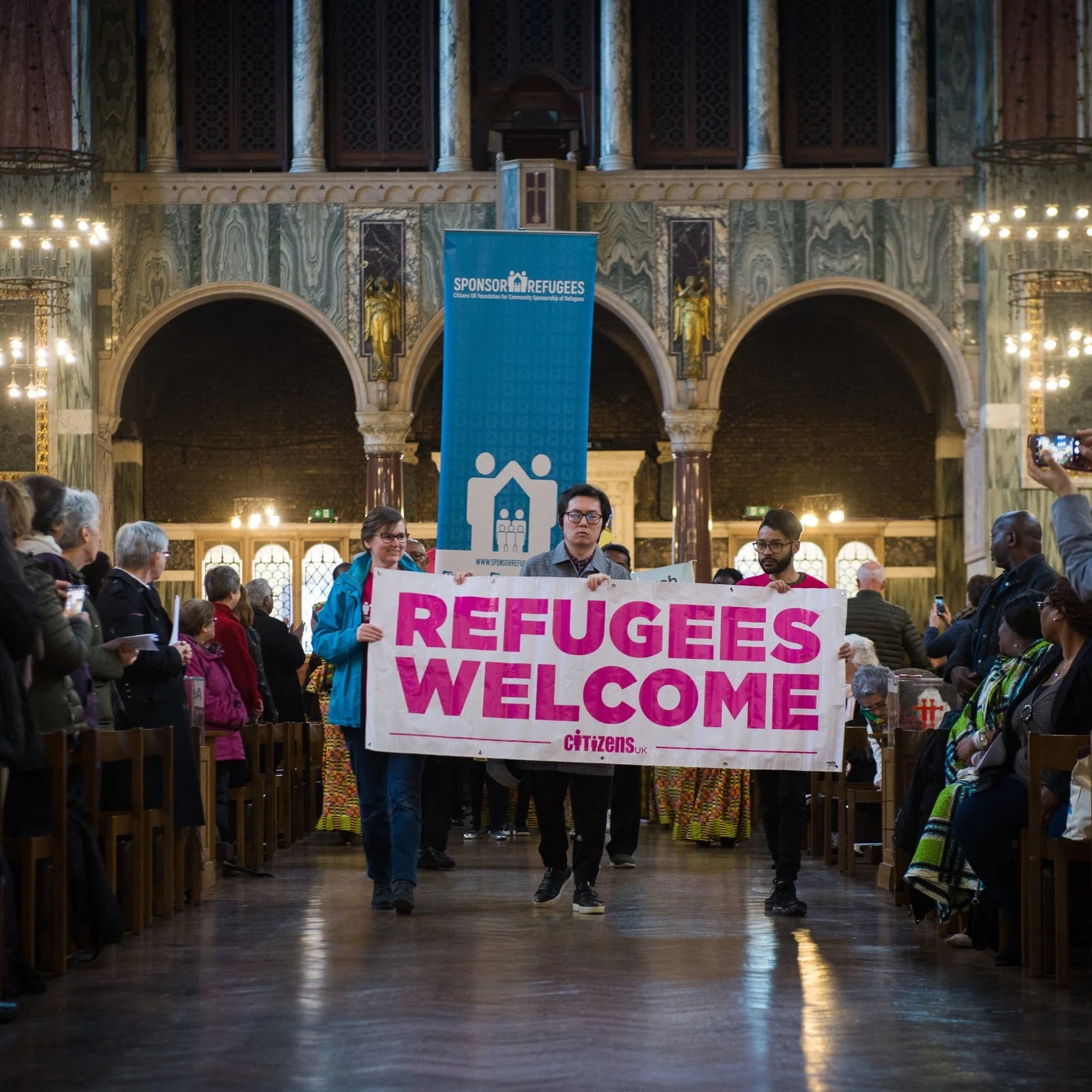Project overview
There is a widespread agreement across the political spectrum that the economic and social alienation which led many in Britain’s poorer and marginalised communities to vote to leave the EU must be addressed, even though this is an empirically contestable narrative as an explanation for the result.
Political commenters and academics have referenced Catholic Social Teaching (CST) and the ‘Common Good’ as a framework for dealing with this alienation in an authentic and engaged way. But are they referencing the tradition with integrity? Differing emphases within the tradition would lead us in different political directions and any use of CST must acknowledge this.
Dr Maria Exall led on this project to examine two contrasting models of ethical citizenship which could meet the challenges of the social alienation of Brexit, both of which draw upon CST and the Common Good tradition.
The first model is that to be an ethical citizen you need to be a ‘citizen of somewhere’ – embedded, relational, and part of a distinctive group. In this model it is only by acknowledging your place that it is possible to have a meaningful and respectful dialogue with others to enhance social solidarity.
The second model is that ethical citizenship starts with the understanding that we are all ‘citizens of nowhere’ and the development of a universal ethics is necessary to embrace growing transnational, multiple identities in our globalising world.
Outputs and impacts
The project ran from October 2018 through to October 2020. The research contributed to a number of outputs.
'The Citizenship of Nowhere : A Faithful Response to Brexit', Returning to the Mystical Well : Mystical theology in Dialogue with Contemporary Thought (Ephemerides Theologicae Lovanienses, Vol 98, 2022)
‘Catholic Social Teaching and the Future of Work’ in Futures of Work blog, Issue 8//31. July 2019 (Bristol University Press).
‘For the Common Good : Strike Action Trade unions and Catholic Teaching’ in Pastoral Review. Vol 18. Issue 4 2022.
‘The Employment Rights Bill’ in Pastoral Review, Vol 21, Issue 1 2025.
‘Responding to the Cry of the Poor Today’: Romero Trust lecture 43rd Anniversary, 26 March 2023.
Further information
To follow up on any of the issues raised here, contact researcher and CCSTP steering group member, Dr Maria Exall.




